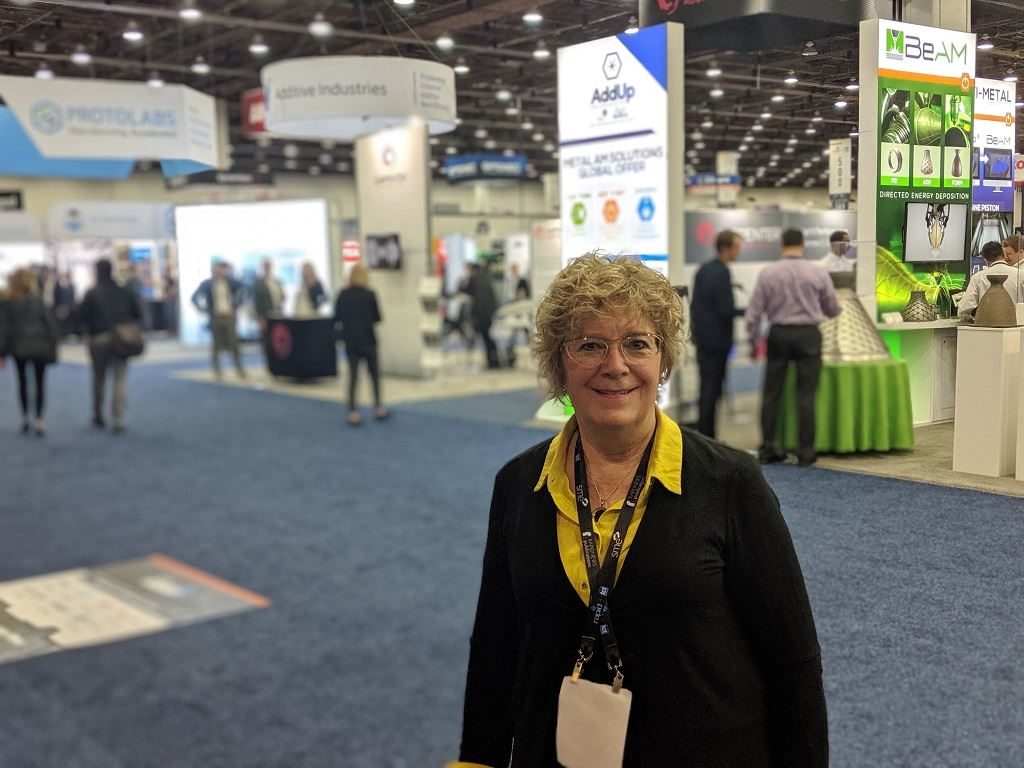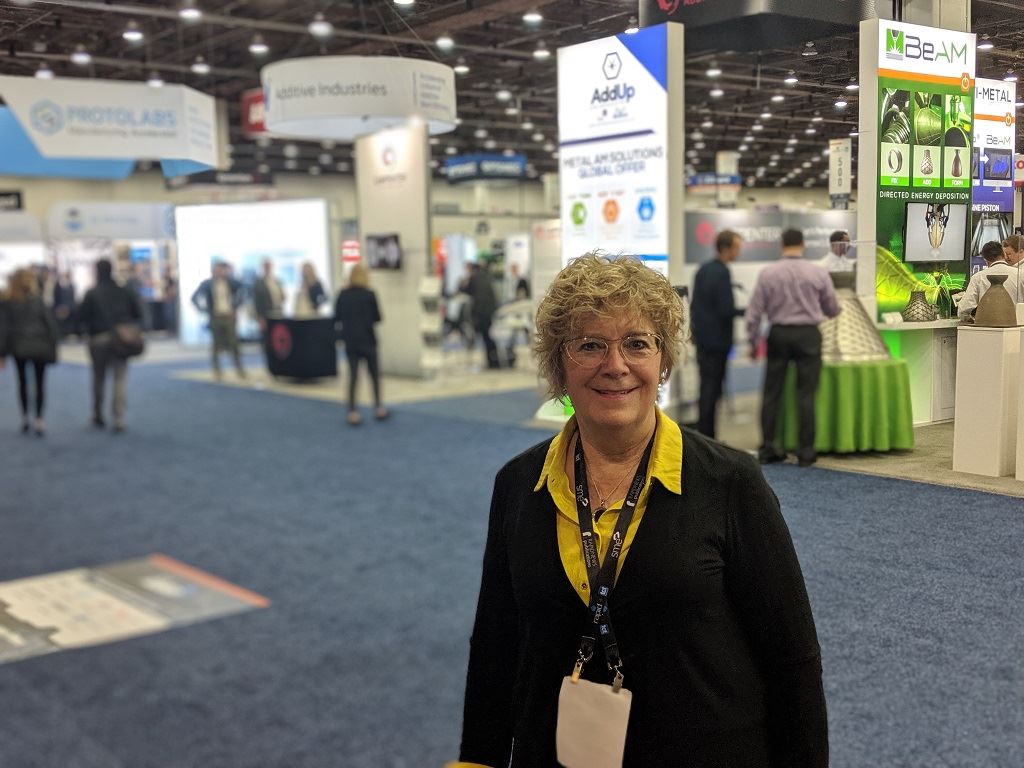This article was originally written by Sarah Goehrke for Fabbaloo.

The 3D Printing Store and Accucode 3D have merged, and it makes sense — for more than just these companies.
The 3D Printing Store is a Colorado-based 3D service bureau that we’ve become familiar with over the years for their vast variety of projects. Some of these have involved international endangered bird tracking systems, others dedicated efforts to create individual prosthetics for animals in need. The breadth of activity means the company has needed to keep a finger on a lot of pulses, and that includes overall business climates.
“What we’re doing at this point [with 3D printing] is manufacturing, and that’s where we need to be focused: how to make this a bottom line value for industry. That’s what we’re seeing, and that’s what makes sense,” Debra Wilcox, former CEO of The 3D Printing Store and now CEO of the merged Accucode 3D, told me when we sat down recently.
Mergers, consolidations, partnerships: these are all signs of a growing industry. Complementary business operations joining forces can ultimately be better for customers as well as for companies than would be competition.
Accucode Inc. is a technology integrator, software, and services company with a 3D printing and 3D scanning division called Accucode 3D. It is this division that has merged with The 3D Printing Store, expanding market reach for both. Both businesses’ service offerings include prototype and end-use part production via 3D printing, including design and manufacture. The 3D Printing Store is based in Denver, and is now adding the Richardson, Texas service bureau from Accucode 3D to its network.
Offerings will include services, manufacturing, some 3D printer sales, and some software programs like business-to-business (B2B) ordering systems, Wilcox noted.
“The industry is still fragmented. It’s helpful to know the supply chain,” she said of what the team brings to the table. “This is more valuable to the industry, and we are choosing technologies to be useful. Then there’s this great opportunity to develop a good network of support.”
Plentiful pain points remain when it comes to additive manufacturing — and that’s a major driver for service bureaus. Bringing in the expertise of those who work with these technologies regularly can help with initial use cases and adoption, as well as bolster higher-volume needs or access to different technologies.
To read the full story on Fabbaloo, click here.



